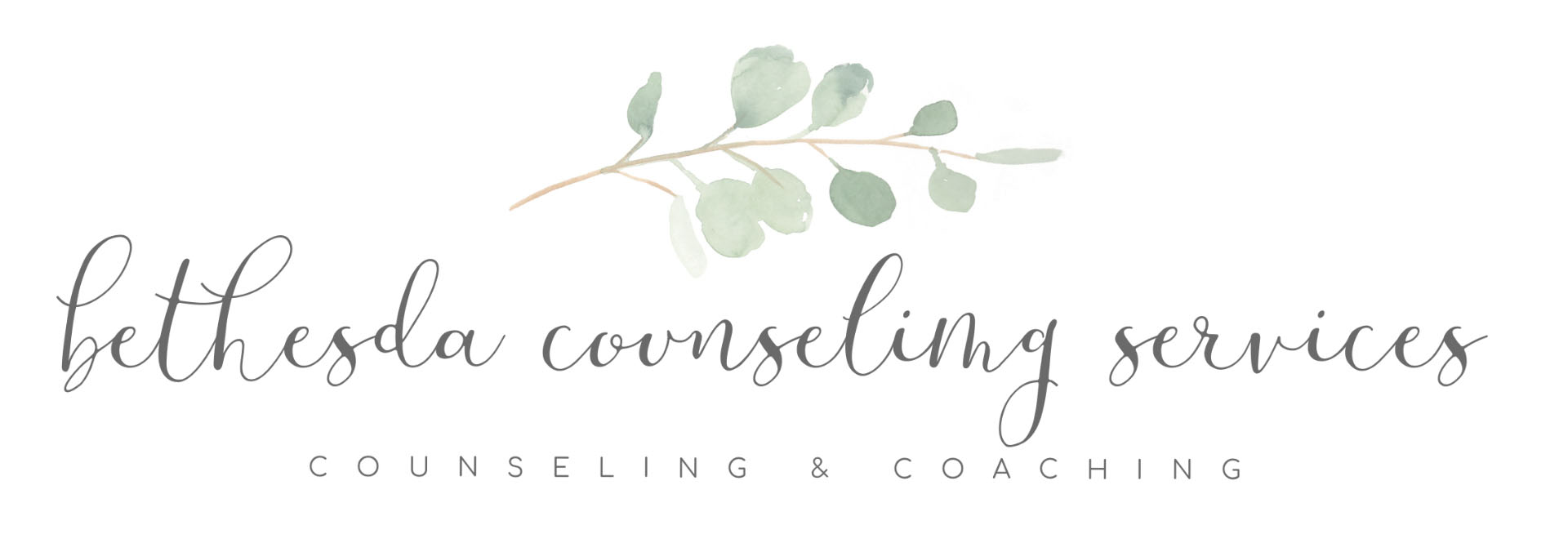Navigating the pandemic as a trauma survivor

I know those of you who know me are tired of hearing me talk about Lisa Ferentz, who I consider one of the gurus of trauma therapy and who always has wonderful resources for therapists and clients. I wanted to share some of what I have learned from her hoping that it will help those of you who wonder why the pandemic might be making you feel especially sad, anxious or worried.
For those of you who are not familiar with triggers, being triggered is equated with feeling threatened/unsafe/vulnerable. When people seem emotionally upset, “irrational”, “difficult, disconnected distracted it is often because they have been triggered. Everyone gets triggered and we don’t all get triggered by the same things. We can be triggered by people, situations, sensory stimuli, environments etc.
According to Lisa, there are four concepts that even though we all struggle with, they are especially triggering for trauma survivors:
1. The trigger of social distancing: Even though it is medically necessary to stay distant, it can bring back memories of what someone might have experienced in the past such as feeling trapped, isolated or alone with their fears. Another effect of social distancing is feeling disconnected from resources and not being able to easily access things that we took for granted. This concept can have a whole other association for people that were abused and once felt that they could not reach out for help.
2. The trigger of uncertainty: The feeling of not knowing what is going to happen next is a feeling that trauma survivors can very much relate to. Unfortunately most learn that not knowing what is coming means that something bad is going to happen to them. It can also bring feelings of chaos which can be very familiar for people that had difficult childhoods.
Trauma survivors then are forced to be in a defensive state of hyper vigilance in order to try to stay a step ahead to figure out what is going to happen next. This need to be a mind reader creates much muscle tension and stress, and an overall feeling of exhaustion and helplessness.
3. The trigger of the media and its mixed messages: I am sure you are all familiar with turning the TV on and hearing how COVID’s numbers are going up on one channel only to hear a completely different story of the pandemic from another channel. These feelings of confusion and mixed messages can feel like a reenactment of the same unhealthy family dynamics and poor communication that many people grew up with. Trauma survivors can have an especially hard time knowing who to trust due to mixed messages.
4. The trigger of losses: The experience of loss is a central emotion for people that have gone through trauma. Some of their losses might feel very similar to the losses we have experienced during the pandemic and can take an emotional toll. Here are some examples:
loss of freedom (e.g not being able to see your therapist in person)
loss of control (e.g being told what we can and cannot do)
loss of employment and income
loss of routine
loss of good health
loss of a loved one
loss of social engagement and connectedness
loss of all cancelled activities (from the daily gym class to a wedding or graduation event)
loss of privacy and clear boundaries (e.g boundaries can become more blurred when all your family is at home and you are trying to wear different hats at the same time in the same space)
loss of confidence and security that everything is going to be fine
loss of transition from working at the office to working at home. It did not help that the transition was very abrupt which can be triggering for many of us
I encourage all trauma survivors out there who are struggling and not sure why, to ask themselves:
is this triggering?
how is it triggering?
is there anything of what is going on right now that is reminiscence of things that happened in the past?
If you can connect the dots and be curious about where that feeling is coming from, it will help you better understand the intensity of the fear, anxiety or despair and reduce the impact of the trigger. Then you can soothe that fear and identify it as ‘just a trigger’ (separate the past from the present) and re focus on the present by re-grounding and self soothing. Some ideas that might work include breathing, tapping, changing your posture, putting both feet on the floor, counting or saying the alphabet or holding something warm or cold.
As a daily exercise, I encourage you to ask yourself how you are feeling at the moment, how you are eating, sleeping, exercising and staying socially connected. Try to focus on where you have control, power and choice and do what you need to feel safe by creating small windows of self care whenever you think you are neglecting some of your basic needs.

